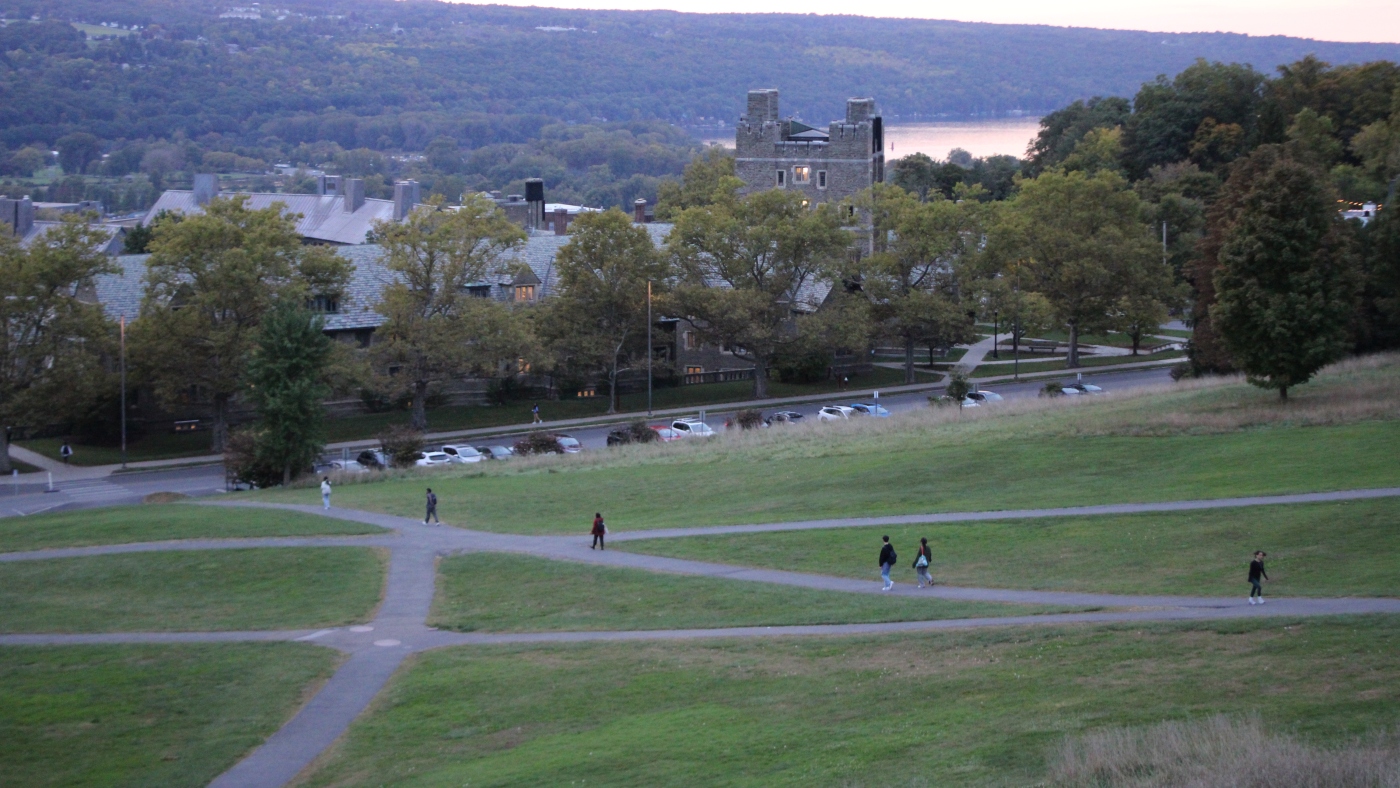Understanding Climate Change Through the Lens of Food: A Classroom Approach
As concerns about climate change grow, educators are adopting innovative methods to help students process their emotions and take action. At Cornell University, students are learning about the impacts of climate change on food, offering a new perspective on a pressing global issue.
A recent study published in The Lancet highlights that over 50% of young Americans are deeply worried about climate change, with more than one-third reporting that these concerns affect their daily lives. This data underscores a growing body of research showing the psychological toll of climate change on young people.
Jennifer Atkinson, a professor at the University of Washington, emphasizes the importance of addressing these emotional responses in educational settings. “When any of us talk about climate with students, we can’t just talk about what’s happening in the atmosphere and oceans,” Atkinson says. Her class on climate grief and eco-anxiety, first offered in 2017, quickly filled as students sought a space to share their feelings.
Atkinson’s approach is part of a broader movement among educators to integrate emotional and practical responses to climate change into the curriculum. At Cornell University, Professor Emeritus Michael Hoffmann has developed a class focused on the intersection of food and climate change. “When you tell the climate change story, it has to be relevant to people,” Hoffmann notes, highlighting food as a universally relatable subject.
Innovative Strategies in Climate Education
Hoffmann’s class, introduced in 2023, aims to connect students with climate change through their personal experiences with food. This method not only educates students about the risks to global food supplies but also empowers them with actionable steps to mitigate climate impacts.
Research from the Yale Program on Climate Change Communication suggests that taking action, especially in collaboration with others, can alleviate climate anxiety. Anthony Leiserowitz, the program’s director, points out, “The best antidote to anxiety is action.”
In this vein, students at Cornell engage in discussions about how climate change threatens their favorite foods like coffee and chocolate. Freshman Andrea Kim describes the course as an opportunity to confront climate issues head-on. “I think it’s good that we’re not just, like, pushing away the problem,” Kim says.
Student Perspectives and Empowerment
The class encourages students like Jada Ebron to explore their role in combating climate change. Initially feeling powerless, Ebron now appreciates the course’s focus on both the reality of climate impacts and the potential for individual and collective action.
“It forces you to challenge your beliefs and your ideas about climate change,” Ebron reflects. Her experience underscores the value of educational environments that foster both awareness and agency in addressing climate challenges.





